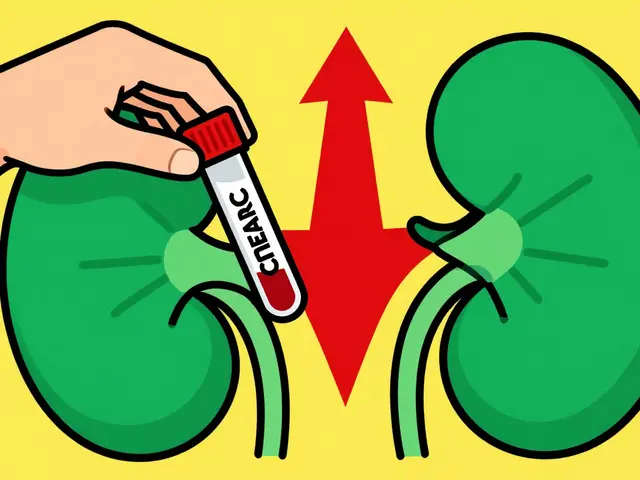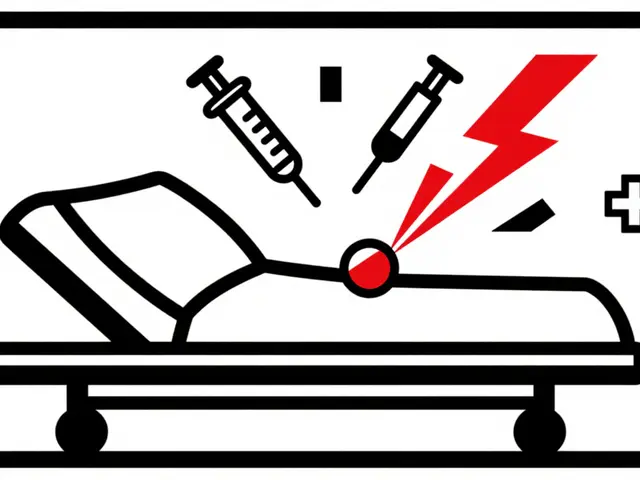Madagascar Periwinkle – What It Is and Why It Matters
If you’ve ever seen a bright pink flower on a garden fence, you might have spotted the Madagascar periwinkle (Catharanthus roseus). While it looks pretty, this plant packs powerful chemicals that doctors use to fight cancer. That’s why many people search for it as a supplement or wonder if it can help with other health issues.
In plain terms, the plant produces alkaloids – natural compounds that interfere with cell growth. Two of those alkaloids, vincristine and vinblastine, are backbone drugs in chemotherapy for leukemia and lymphoma. Outside the clinic, a powdered leaf extract is sold as an herbal supplement, promising everything from blood‑sugar balance to mood support.
Key Medicinal Compounds
The most talked‑about ingredients are vincristine and vinblastine, but they only appear in tiny amounts. The rest of the plant contains other alkaloids like ajmalicine, serpentine, and catharanthine. These less‑studied chemicals may help with heart rhythm regulation and anti‑inflammatory effects.
When you read a supplement label that says “periwinkle extract,” it’s usually a standardized blend of these compounds, measured in milligrams of total alkaloids. The exact mix can vary wildly between brands, so the therapeutic impact is hard to predict without lab testing.
For cancer patients, the purified drugs are administered under strict medical supervision because the dosage window is narrow – too much can cause severe nerve damage or low blood counts. For everyday users, the lower‑dose extracts are generally considered safe if you follow the manufacturer’s recommended amount and have no contraindications.
How to Use Safely
First, talk to a healthcare professional before adding periwinkle to your routine, especially if you’re on prescription meds. The plant can interact with blood thinners, heart drugs, and even some antidepressants by affecting how the liver processes these medicines.
If you decide to try an over‑the‑counter product, start with the lowest dose listed – often 250 mg of leaf powder per day. Take it with food to reduce stomach upset. Keep track of any new symptoms like tingling in your hands or sudden fatigue; those could signal that the alkaloids are acting too strongly.
Buy from reputable vendors who provide a Certificate of Analysis (CoA). That document shows the exact alkaloid content and confirms the product is free from heavy metals or pesticides. Avoid cheap bulk powders with no lab results – they might be contaminated or simply not periwinkle at all.
People with pregnancy, breastfeeding, or known heart rhythm problems should steer clear of periwinkle extracts. The plant’s compounds can cross the placenta and affect fetal development, and they may worsen arrhythmias.
In summary, Madagascar periwinkle is a fascinating plant that bridges traditional herbal use and modern oncology. Its powerful alkaloids have saved lives in clinical settings, but the same potency means you need to handle it with care when using supplements. Choose quality products, start low, and keep your doctor in the loop for the safest experience.






